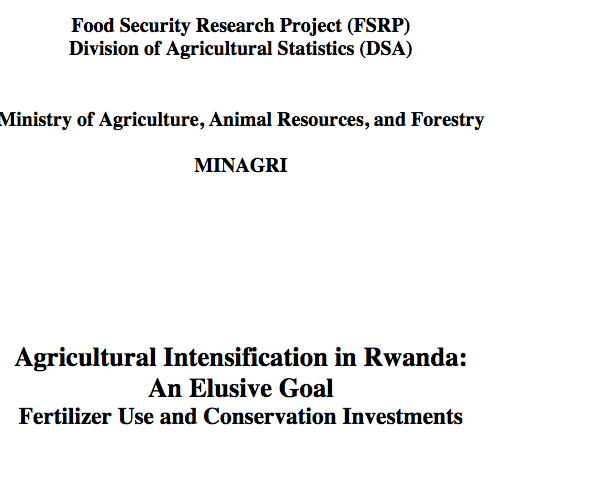GIS Model for the Land Use and Development Master Plan in Rwanda
This thesis was aimed at the development of a Geographical Information System (GIS) based model to support the Rwanda Land Use and Development Master Plan. Developing sustainable land management is the main task of this master plan. Stakeholder’s involvement was of key importance. Their demands should be analysed and visualised to support discussions and the decision-making process. Spatial Multicriteria Decision Analysis (MCDA) is a proven method for land-use planning purposes. However, most land-use planning applications focus on a specific theme, such as urban development.



